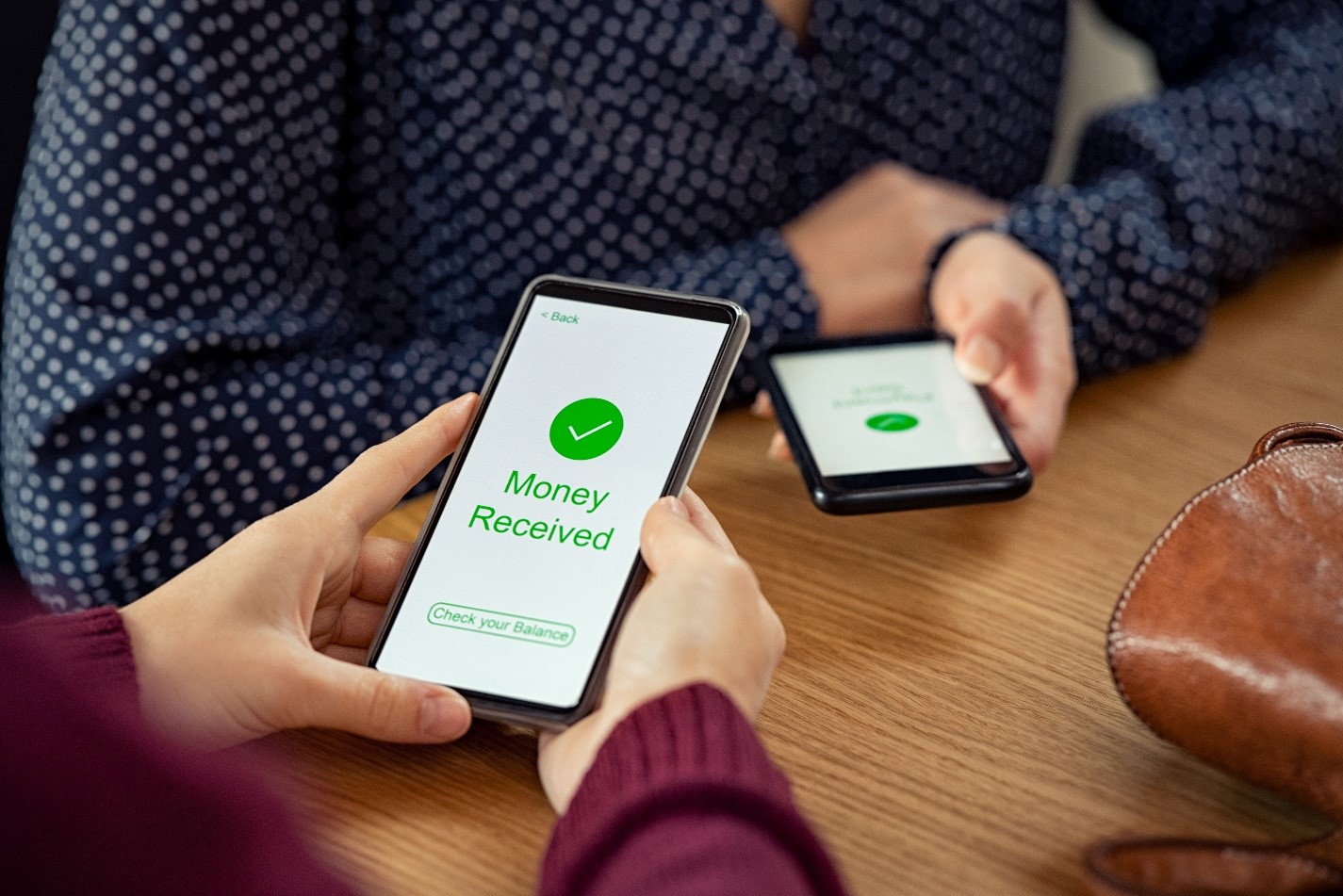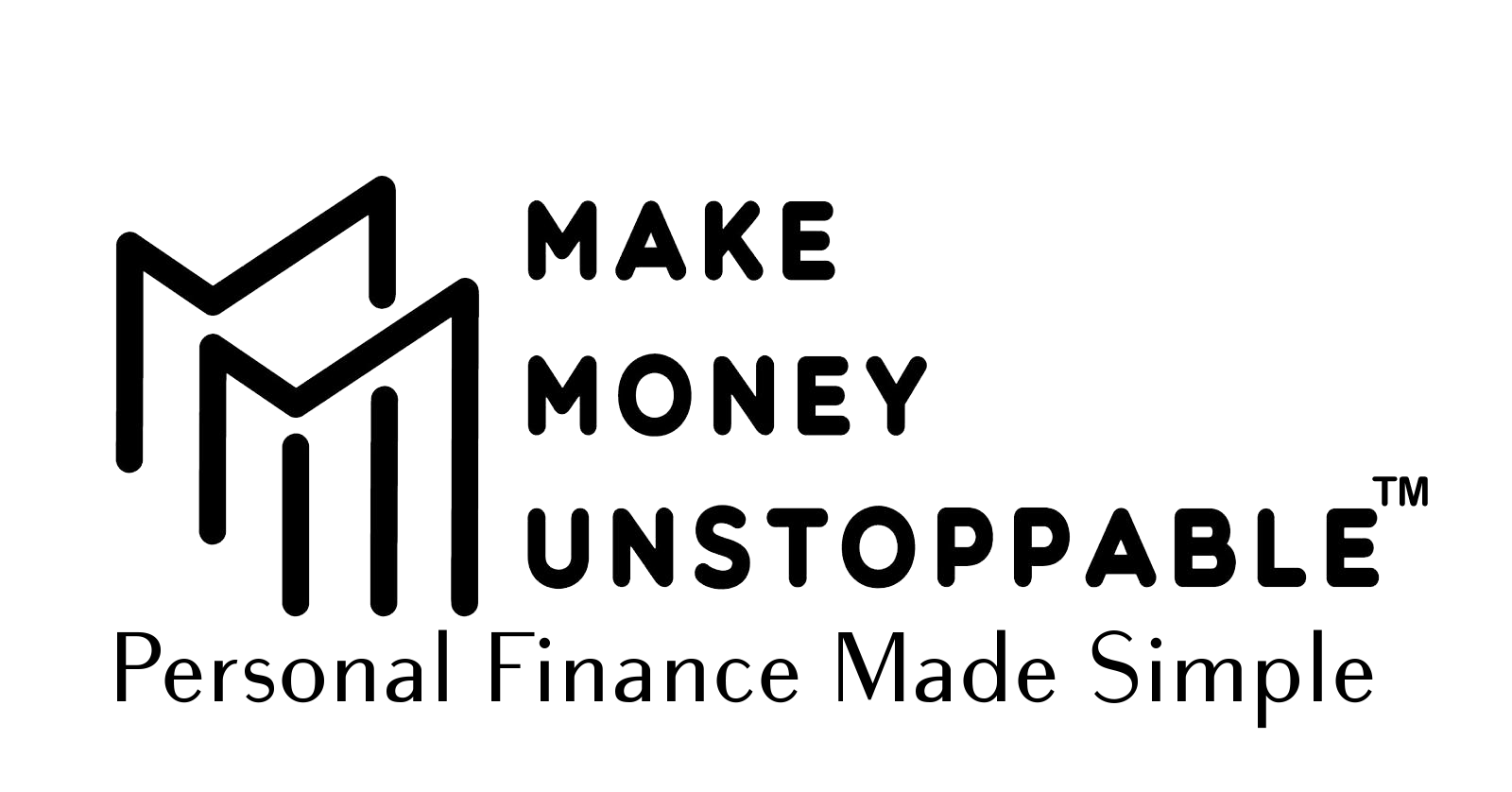
The Rise of Digital Currency and Our Growing Dependence on It
In today’s fast-paced, digitally driven world, digital currency has evolved from a niche innovation into a cornerstone of modern finance. No longer confined to tech circles or speculative markets, it now underpins how we live, work, and transact—from routine online purchases to large-scale international money transfers. This shift has quietly but profoundly reshaped the global economy, embedding digital currency into the very fabric of everyday life.
Last Updated: September 19, 2025

Disclaimer: I am not a licensed financial advisor, financial planner, tax professional, or attorney. The information provided in this blog is for general informational and educational purposes only and should not be construed as professional advice. Always consult with a qualified expert before making financial, legal, or tax-related decisions.
Whether you’re paying bills through a mobile wallet, receiving freelance payments across borders, or investing in digital assets, you’re participating in a financial revolution that operates without physical cash. But this transformation raises important questions: How did digital currency become so essential? What mechanisms drive its growth? And what are the implications of our increasing dependence on this invisible yet powerful form of money?
In this blog, we’ll explore the rise of digital currency, break down how it works, and examine the growing reliance individuals, businesses, and institutions have on it. From its technological foundations to its role in shaping a cashless society, we’ll uncover why digital currency is no longer just an option, but a necessity in the modern financial landscape.
What Is Digital Currency?
Digital currency refers to any type of monetary value that exists exclusively in electronic form. Unlike traditional physical cash, such as coins or paper bills, digital currency is created, stored, and exchanged entirely through digital infrastructure.
These currencies are accessed and managed via systems like mobile wallets, online banking platforms, and decentralized networks, making them a core component of today’s financial ecosystem.

Key Characteristics of Digital Currency:
- Intangible: Digital currency has no physical representation; it exists as encrypted data within secure systems.
- Instantaneous: Transactions can be completed in real time, eliminating delays associated with traditional banking methods.
- Borderless: Digital currency enables seamless cross-border payments without the need for currency conversion or physical exchange.
- Secure and Traceable: Most digital currencies are protected by advanced encryption protocols and leave a transparent transaction trail, enhancing security and accountability.
Digital currency encompasses a broad spectrum of formats. On one end, there are centralized digital currencies issued and regulated by financial institutions or governments. On the other hand, there are decentralized digital assets that operate independently of central authorities, often powered by blockchain technology.
Despite their differences, all forms of digital currency share a common foundation: they rely on digital networks, cryptographic security, and technological infrastructure to function.
As digital transactions become the norm across industries and societies, understanding the nature and mechanics of digital currency is essential for navigating the evolving financial landscape.
Unlock your financial freedom.
Download this FREE eBook!.
How to make $100,000/month? Stop being average and think big.
Yes, this eBook is Free. Just drop your email to get instant access. It will be sent to your email.
How To Make $100 A Day – 23 Real Ways To Make Extra Money
16 Best Ways To Get Paid To Read Books in 2025
How To Become Rich – Strategies To Become Wealthy
18 Passive Income Ideas To Earn $1,000+ Each Month
Best Rewards Credit Cards For 2025 | What You Need To Know
Subscribe for exclusive insights
PLUS: Get Access to exclusive financial tips, learn everything about money and get early blog updates – delivered directly to your inbox .

The Rise of Digital Currency
The shift from physical to digital money didn’t happen overnight. It evolved gradually as technology advanced and consumer behavior changed. The convenience of digital payments, the rise of e-commerce, and the need for faster, more secure transactions have all contributed to the widespread adoption of digital currency.
Today, digital currency is commonly used for:
- Paying bills and subscriptions
- Transferring money across borders
- Buying goods and services online
- Investing and trading assets
- Managing savings and retirement accounts
These are just a few examples. Its applications are many and varied.
This transformation has made digital currency not just a convenience but a necessity.
How Does Digital Currency Work in a Cashless Economy?

Digital currency operates through a network of computers and software systems that record, verify, and process transactions. These systems can be centralized and may be managed by financial institutions or decentralized, relying on peer-to-peer networks and cryptographic protocols.
Core Components may include:
- Digital Wallets: Stores and manages digital funds
- Encryption: Secures transactions and may help prevent fraud
- Ledgers: Records every transaction for transparency
- Authentication: Verifies user identity and access
When a transaction is made, the system checks for sufficient funds, verifies the sender and receiver, and updates the ledger. This process happens in seconds, making digital currency ideal for faster and more efficient payments.
Our Growing Dependence on Digital Currency
The dependence on digital currency is evident in nearly every aspect of modern life. Here’s how it’s shaping our behavior and financial systems:
- Cashless Societies
Many countries are moving towards cashless economies, where digital payments are dominating the marketplace. Physical cash is becoming less relevant, especially in urban areas where mobile payments and online banking have become the norm.

- Remote Work and Global Commerce
Digital currency helps enable seamless transactions across borders, making it essential for freelancers, remote workers, and global businesses. It also helps eliminate the need for currency exchange and speeds up payment processing.
- Financial Inclusion
Digital currency has opened doors for individuals without access to traditional banking. Mobile wallets and digital platforms allow users to store money, make payments, and access financial services without the need for a physical bank account.
- Automation and Smart Contracts
Advanced digital currency systems support programmable money, allowing for automated payments, subscriptions, and contracts. This helps reduce human error and increases efficiency.
- Investment and Wealth Management
Digital assets have become a popular investment vehicle. People use digital currency to diversify portfolios, hedge against inflation, and participate in decentralized finance ecosystems.

Risks and Challenges of Digital Currency Dependence
While digital currency offers many benefits, it also may come with risks that need to be managed carefully.
- Cybersecurity Threats
Digital systems may be vulnerable to hacking, phishing, and data breaches. Users must protect their credentials and use secure platforms to avoid potential financial loss.
- Privacy Concerns
Digital transactions tend to leave a trail. While this may help improve transparency, it also may raise concerns about surveillance and data misuse.
- Technical Failures
System outages, software bugs, or network disruptions can halt transactions and limit access to funds.

- Volatility
Some forms of digital currency may be highly volatile, making them risky for everyday use or long-term savings.
- Regulatory Uncertainty
Governments and institutions are still developing frameworks to regulate digital currency. This may create uncertainty around legality, taxation, and consumer protection.
How to Navigate a Digital Currency-Driven World
As dependence on digital currency grows, it’s important to adopt smart habits and strategies to help protect your finances and make the most of this evolving landscape. As we all know, it is here to stay. So, we might as well learn to live with it by adapting to it.
Using Secure Platforms
Choosing platforms with strong encryption, two-factor authentication, and transparent privacy policies can help protect sensitive personal information.
Diversifying Your Holdings
Relying solely on a single form of digital currency may expose you to unnecessary risk. Diversifying your assets across multiple formats and accounts can help enhance security, reduce volatility, and provide greater financial flexibility.
Staying Informed
Stay current with emerging trends, evolving regulations, and technological innovations in digital finance to make informed decisions and adapt confidently in a rapidly changing financial landscape.

Backing up Access
Establish contingency plans to safeguard against technical disruptions, including maintaining offline backups and securing alternative payment options to ensure uninterrupted financial access.
Practicing Digital Hygiene
Maintain strong digital hygiene by routinely updating your passwords, actively monitoring account activity for suspicious behavior, and safeguarding sensitive information from unauthorized access or sharing.
The Future of Digital Currency
Digital currency is set to become deeply integrated into everyday technology, enabling faster, smarter transactions. As systems decentralize, users will gain more control over their assets.
Emerging tech like AI and IoT will create intelligent financial ecosystems, while global standards may improve cross-border compatibility. This future may offer greater convenience and access, but may also require users to stay informed and practice responsible digital habits.
Embracing Digital Currency with Caution: A New Era of Financial Awareness
Digital currency has swiftly moved from the fringes of innovation to the core of global finance. It’s no longer a futuristic concept—it’s the infrastructure behind how we pay, invest, save, and conduct business. Its rise is fueled by the promise of speed, convenience, and borderless access, making it indispensable in a world that demands instant financial interaction.
But with this growing dependence comes a new responsibility. As digital currency becomes embedded in our daily lives, users must evolve alongside it—arming themselves with knowledge, practicing digital hygiene, and preparing for the risks that accompany technological advancement. Cybersecurity threats, regulatory shifts, and system vulnerabilities are real, and ignoring them could mean compromising your financial well-being.
Whether you’re settling bills, building wealth, or scaling a business, digital currency is reshaping your relationship with money. To thrive in this new economy, you must not only embrace its benefits but also understand its mechanics, protect your assets, and stay ahead of the curve.
The digital economy isn’t coming—it’s already here. And those who approach it with clarity, caution, and confidence will be the ones who lead it.
Drop your thoughts in the comments below, and let’s keep the discussion going.
From Experience to insight : Transformational reads for the Strategic mind
Foundational readings for big shifts:
- How to Track Spending without Getting Overwhelmed
- The 7-Day Money Reset Plan: Take Back Control In Just One Week
- Are You Throwing Away $5,000 a Year on Food Waste Without Realizing It?
- The Real Cost of Owning a Big Home
- The Psychology of Spending: Why We Overspend and How to Stop It
- Mastering the Envelope Method
Author: Vaidya Selvan
Welcome to Make Money Unstoppable Personal Finance Made Simple, a blog born out of necessity, a space created from real-life experiences, hard-earned lessons, and a deep-seated desire to share what I wish someone had taught me or had known sooner.
Newsletter Invite
Want more real-world information on Money? Join my newsletter for practical tips, updates on my books, and strategies to help you build financial freedom on your terms.
#FinancialFreedom #Newsletter #MoneyTips



